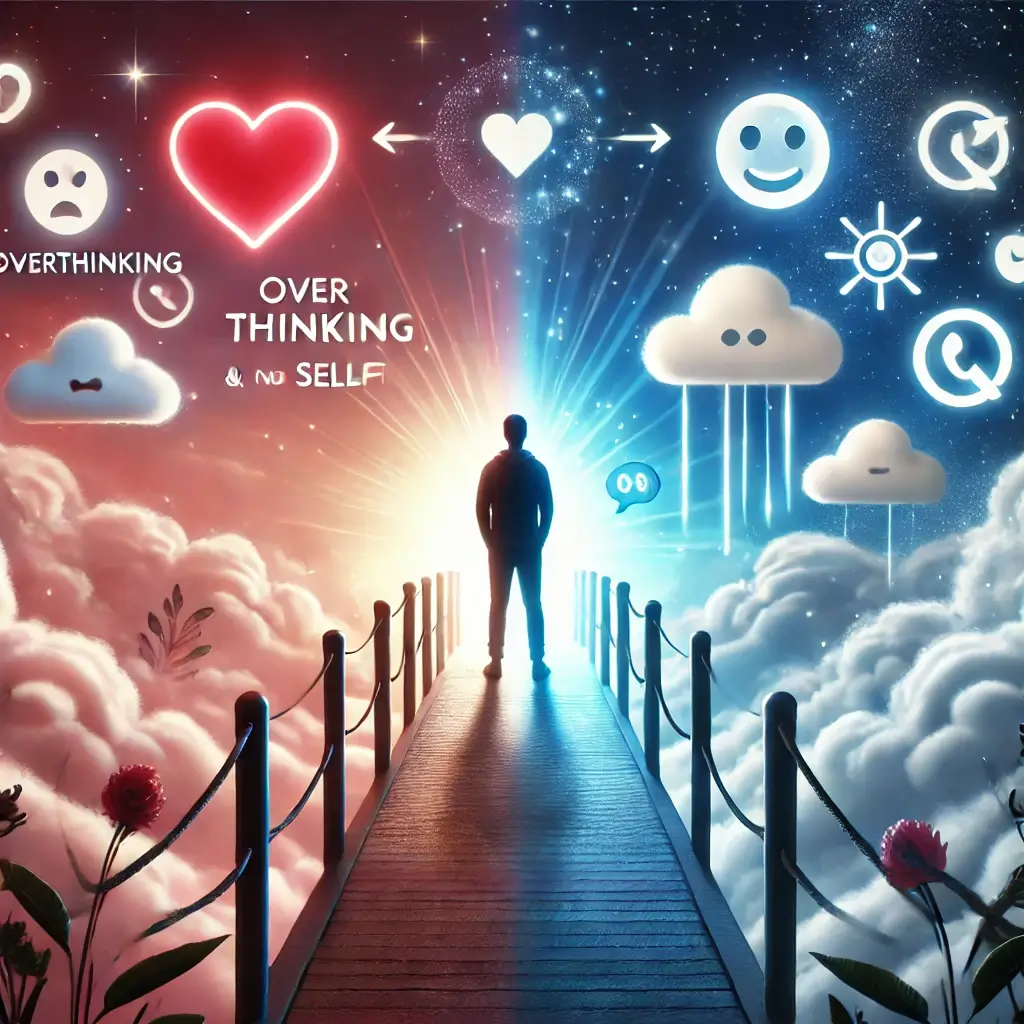The Adventure and Challenges of Dating with Anxiety
Dating, for many, is an adventure filled with possibility, excitement, and growth. However, for those managing anxiety, it can feel more like an uphill climb, fraught with fears and uncertainties. The pressure to make a good impression, fear of rejection, or constant overthinking can overshadow the joy of forming connections. Despite these challenges, dating with anxiety can also be an empowering journey when approached with the right tools and mindset.
Understanding Anxiety’s Impact on Romantic Connections
Anxiety impacts millions of adults globally, with social anxiety being a particularly common barrier in romantic contexts. However, by reframing anxiety as a manageable element rather than a roadblock, individuals can build confidence and connection while discovering their own resilience. This article explores fresh strategies and expert-backed methods to help anxious individuals navigate dating with a sense of empowerment and purpose.
Redefining Anxiety: A Holistic Approach to Dating Success
Redefining Anxiety: A Holistic Approach to Dating Success
Accepting Your Feelings to Reduce Anxiety
The first step to navigating dating with anxiety is acceptance. Anxiety doesn’t have to be the enemy; instead, it can be a signal to approach situations with care and preparation. A study in Behavioral Psychology Quarterly highlights that self-awareness and acknowledgment of anxiety reduce its intensity. When daters learn to accept their feelings rather than resist them, they can channel their energy into meaningful connections (Garcia et al., 2022).
Building Confidence Through Mental Preparation
Preparation transforms anxiety into confidence. Before a date, consider engaging in practices such as journaling or meditative visualization. Writing down positive affirmations or rehearsing light conversational topics can help ease anticipatory anxiety. According to the Journal of Social and Personal Relationships, individuals who prepare mentally before social interactions report lower stress levels and greater enjoyment (Smith & Harrison, 2021).
Creating Comfort with Activity-Based Dating
Instead of formal dinners or high-pressure settings, opt for dates centered around shared activities. Hiking, painting classes, or even exploring a local farmer’s market provide opportunities for organic conversation and lessen the pressure of sitting face-to-face. A study published in the Journal of Anxiety Studies reveals that engaging in collaborative tasks reduces social anxiety by promoting teamwork and distraction from self-focused thoughts (Liu & Reed, 2020).
Using Dating Apps as Tools for Anxiety Management
While dating apps can be overwhelming, they also offer tools for easing anxiety. Features such as Bumble’s pre-set questions or Hinge’s prompts allow users to focus on meaningful connections rather than first-impression jitters. Apps like Coffee Meets Bagel offer in-depth profile customization, helping individuals find matches with shared interests, which can reduce the anxiety of unpredictability. Importantly, setting boundaries around app usage—like limiting time spent swiping—can prevent burnout and maintain a sense of control.
The Importance of Self-Compassion in Dating
Dating often comes with moments of vulnerability, and self-compassion is essential for navigating them. Dr. Kristin Neff’s research emphasizes that treating oneself with kindness after perceived missteps fosters resilience and reduces anxiety. For example, instead of criticizing yourself for awkward moments, remind yourself that everyone experiences them. This approach encourages growth and builds the confidence to try again (Neff, 2021).
Practical Strategies for First Date Success
First dates can be especially intimidating for those with anxiety. Strategies such as arriving early to acclimate to the environment or choosing familiar venues can ease nerves. Practicing active listening—focusing fully on the other person—shifts attention away from self-consciousness and fosters genuine interaction. Additionally, setting realistic expectations, such as viewing the date as an opportunity to learn rather than impress, can transform the experience into one of curiosity and discovery.
Developing Resilience Through Consistent Dating Practice
Dating success doesn’t hinge on immediate results; it’s about consistency and resilience. Every interaction offers a lesson, whether it’s about communication, boundaries, or self-awareness. A 2021 study in the Journal of Interpersonal Development found that individuals who approached dating as a journey of personal growth experienced greater satisfaction and lower anxiety over time (Taylor & Marks, 2021).
Embracing the Dating Journey with Authenticity
Dating with anxiety isn’t about eliminating discomfort but embracing it as part of the process. With acceptance, preparation, and the use of supportive tools, individuals can navigate dating with confidence and clarity. By treating each interaction as a stepping stone, anxious daters can turn challenges into opportunities for connection and self-discovery. Remember, the key to meaningful relationships lies not in perfection, but in authenticity and persistence.
Academic References
Behavioral Psychology Quarterly. (2022). Acceptance-Based Strategies for Managing Social Anxiety in Romantic Contexts. Behavioral Psychology Quarterly.
Garcia, M., et al. (2022). Self-Awareness and Anxiety Reduction in Social Scenarios. Behavioral Psychology Quarterly.
Journal of Social and Personal Relationships. (2021). The Role of Preparation in Reducing Dating Anxiety. Journal of Social and Personal Relationships.
Liu, J., & Reed, S. (2020). Collaborative Activities and Their Impact on Social Anxiety. Journal of Anxiety Studies.
Neff, K. (2021). Self-Compassion and Resilience: A Pathway to Overcoming Anxiety. Journal of Anxiety Management.
Taylor, S., & Marks, R. (2021). Viewing Dating as Personal Growth: Long-Term Benefits for Anxious Individuals. Journal of Interpersonal Development.
